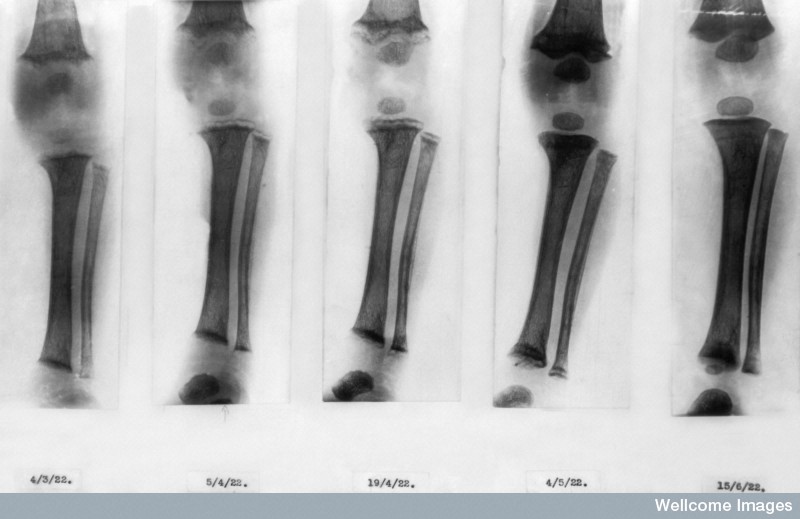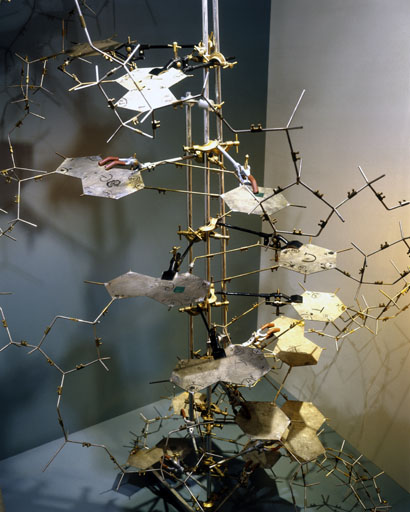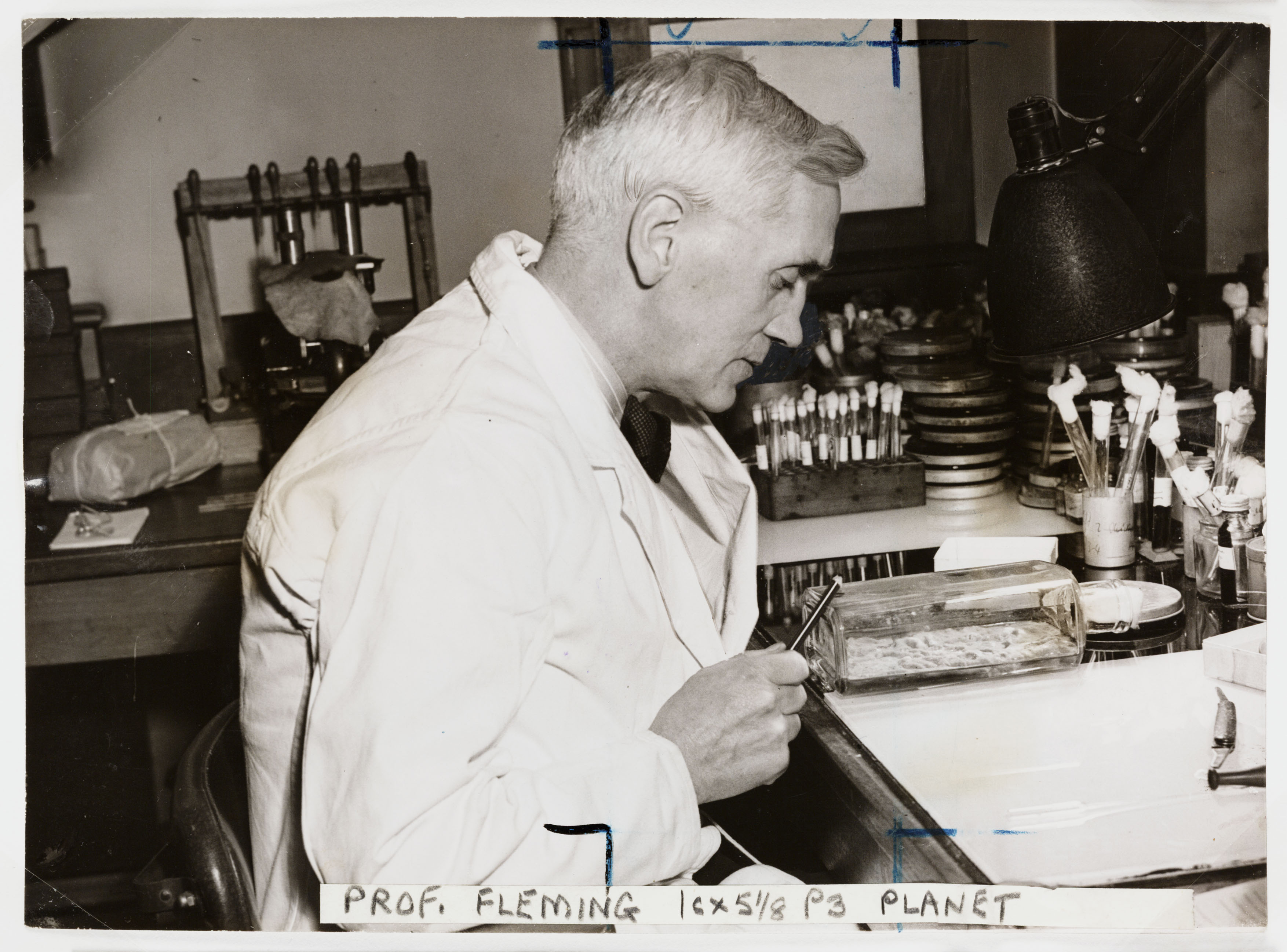A guest blog post by Vivienne Parry, MRC Council Member
This year the Medical Research Council (MRC) celebrates 100 years of life-changing discoveries. The MRC has its roots in the National Insurance Act, passed by Parliament in 1911. At the turn of the last century, TB was as great a concern to the Edwardians as cancer is to us today. Desperate for cures, government proposed that one penny per working person per year should be taken from their national insurance tax and put into tuberculosis treatment and research. We would call it ring fenced funding today. By 1913 it was recommended that this research should be extended to all diseases. An advisory council and executive committee was convened to oversee this research and administer funds — and thus it was that the MRC was established.

And what a 100 years it has been. You can read about some of our outstanding achievements on our Centenary Timeline including the 1916 discovery that rickets is caused by a lack of Vitamin D, the 1933 finding that flu is caused by a virus, the unravelling of the structure of DNA by MRC researchers in 1953, and the invention of the MRI scanner in 1973. Our scientists also invented DNA fingerprinting in 1984 and helped Parkinson’s disease patients with deep brain stimulation in 1995. More recently we have developed the phone app Txt2stop which doubles a smoker’s likelihood of quitting.

Although it’s great to look back, MRC-funded research continues to have a huge impact on health both in the UK and globally. Less well known is the profound impact that this research has had on our economy and society. We want to share these successes and our birthday celebrations with the British public who today continue to provide the funding for our research through their taxes.

So far this year we have hosted an installation at Imperial College London looking at the past, present and future of science; saw Her Majesty The Queen open the new building for the MRC Laboratory of Molecular Biology (51 years after opening the original); and revealed that antibiotics won the public vote in our Centenary Poll on the most important medical discovery of the past 100 years. We’ll be celebrating our official birthday on 20 June with our Centenary Open Week, which will see more than 60 public events taking place around the country.

To launch Open Week we are offering a ‘teaser’ of MRC research by joining forces with the Science Museum to host The Life Game – a free festival taking place this weekend. Visitors will be able to enter Life and take their character (pal) on a journey through the years talking to our scientists, taking chances and making choices as they progress through the festival, creating the story of a long and healthy life for their character.
Visitors will be able to meet scientists to find out about how friends and family can affect health; ground-breaking research on the brain; the impact of living in different social and physical environments; antibiotic resistance; the allergens that can be found by exploring inside a giant nose and how a disease outbreak can spread. People can also gain an insight into how MRC research is helping to improve the lives of transplant patients, and find out how they compare to other visitors in our health tests.
To celebrate the centenary of the Medical Research Council, visitors at the Science Museum were given the chance to create a pal and take them through a unique life journey. If you would like to see all the different pals created during the The Life Game, then please click here.